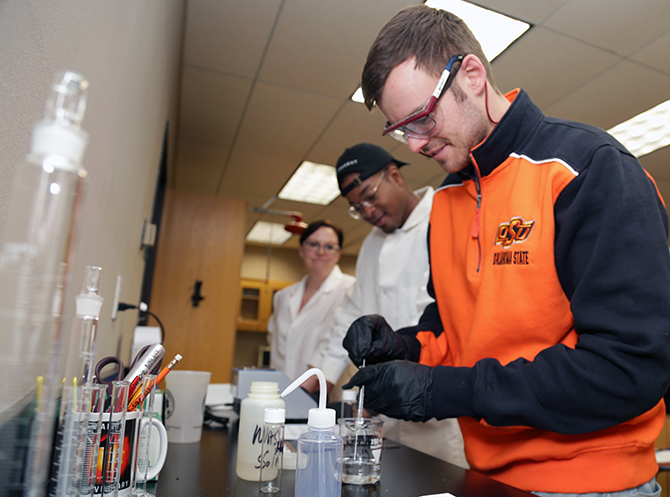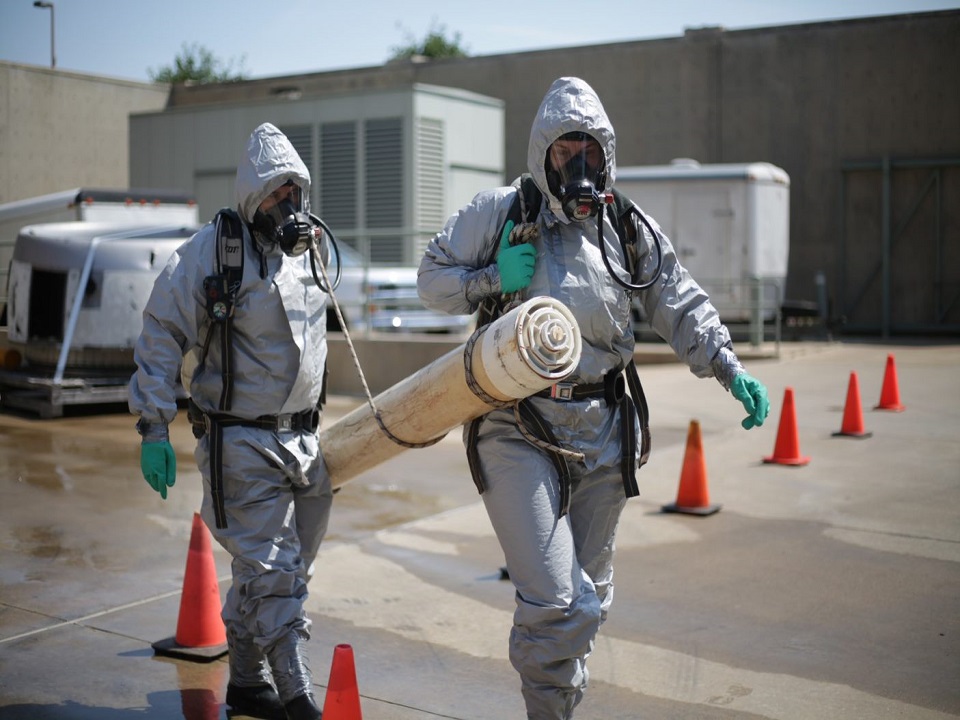Environmental Science, Professional Science Master Option, MS

Professional Master of Science
The Professional Master of Science option in Environmental Management is the first
of its kind in Oklahoma. It differs from other Environmental Science Graduate Program
degrees by providing students a springboard to industry-specific job opportunities.
Unlike the traditional master's degrees, this program emphasizes technical training
and the development of in-demand business and leadership skills. Students are able
to directly apply their learning in their jobs as they pursue their degrees.
